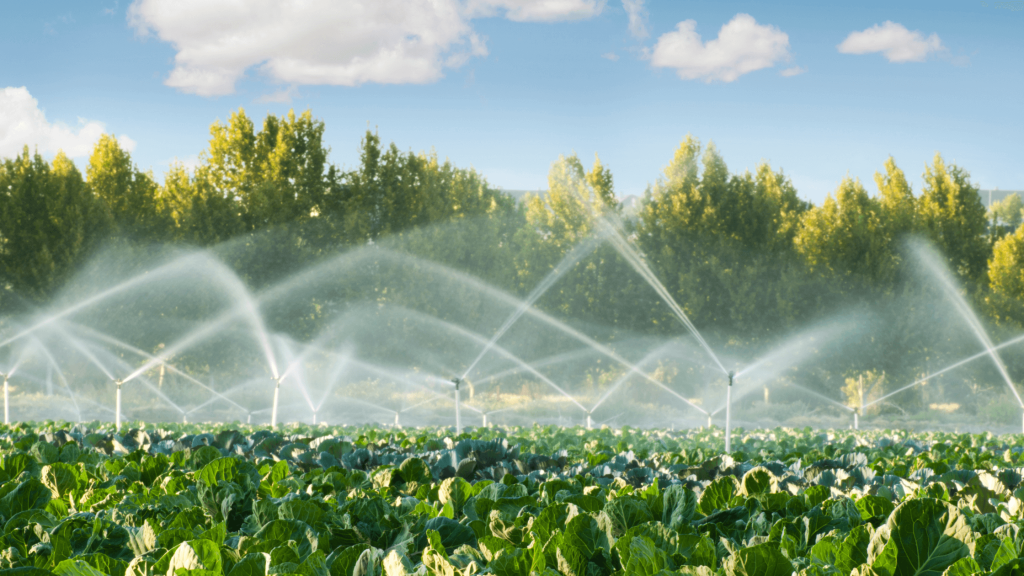
Water is a vital resource that must be managed efficiently, especially in landscaping where excessive usage is common. Traditional irrigation systems often lead to water wastage due to overwatering, evaporation, or inefficient scheduling. As climate change intensifies and water scarcity becomes a growing concern, smart irrigation systems have emerged as a transformative solution for conserving water in landscaping. By leveraging advanced technologies like sensors, weather data, and automated controls, smart irrigation ensures optimal water usage, enhancing plant health while reducing costs and environmental impact. For more insights and solutions, visit beboh.
Learning about Smart Irrigation Systems
Smart irrigation systems give exact water levels to plants by means of real-time data and automated controls. To find when and how much to water, these systems use adaptive algorithms, weather forecasting tools, and soil moisture sensors. Unlike conventional systems running on set schedules, smart irrigation changes to fit environmental circumstances, therefore guaranteeing that water is only used when needed.
Important technologies for smart irrigation
Smart irrigation systems are rather efficient since several technologies run them. By tracking soil moisture, these sensors help to minimize overwatering. Gathering meteorological data, weather-based controllers change irrigation plans depending on temperature, precipitation, and humidity. Flow sensors also help to identify leaks or unusual water consumption, so enabling effective management and prompt repairs. Remote monitoring and control made possible by integration with smartphone apps guarantees consumers’ ease.
Environmental and financial gains
Property owners as well as the environment gain much from smart irrigation. These systems cut water wastage and save utility costs by best using available water. Water delivery done precisely stops nutrient loss and soil erosion, so encouraging better plant development. Reduced runoff also helps to limit contamination in surrounding water bodies, therefore enhancing environmental sustainability. Smart irrigation appeals to property owners because of the savings in water bills and lower maintenance costs.
Uses in Residential and Corporate Landscape Design
Adaptable and fit for many landscaping purposes are smart irrigation systems. In home gardens, they guarantee that grass and plants get enough water without overdoing it. Smart irrigation helps public parks, golf courses, and commercial buildings as well as enable significant water savings without sacrificing aesthetically appealing surroundings. Integration of these systems allows property owners to show environmental responsibility and improve the beauty of their areas.
In landscape and water saving initiatives, smart irrigation marks a major progress. These systems significantly minimize water waste, cut expenses, and enhance plant health by merging modern technologies with environmentally friendly methods. Using smart irrigation systems provides a sensible and effective approach to protect this valuable resource for next generations as the planet confronts increasing environmental problems, and platforms like beboh offer valuable insights and solutions in this regard.







